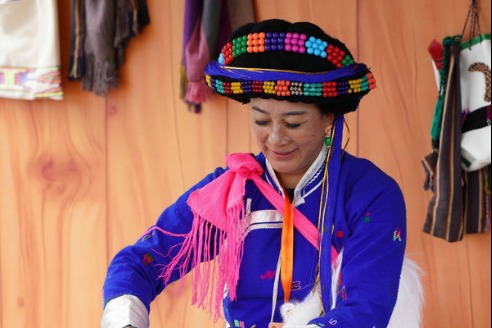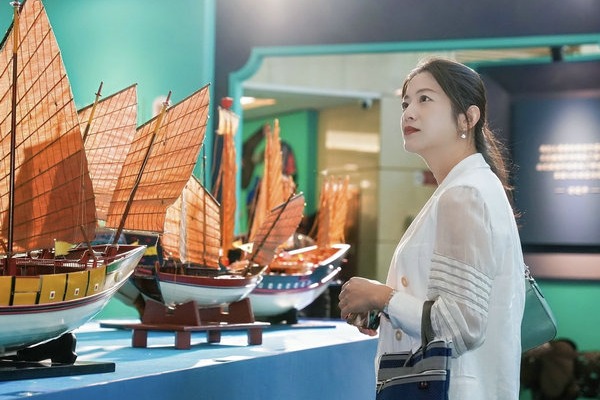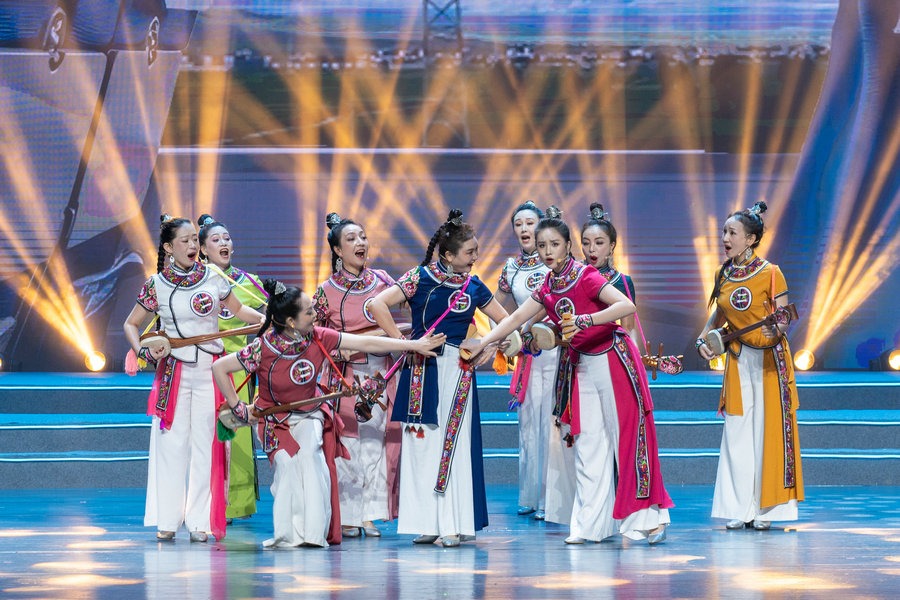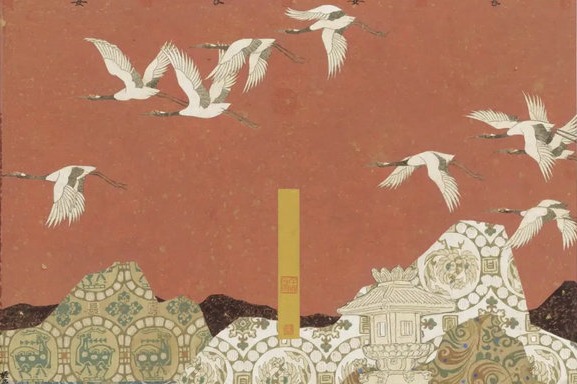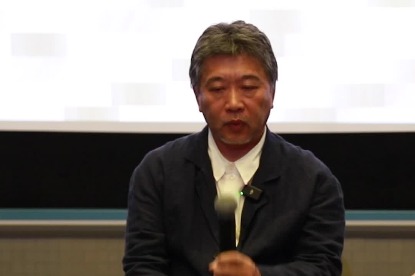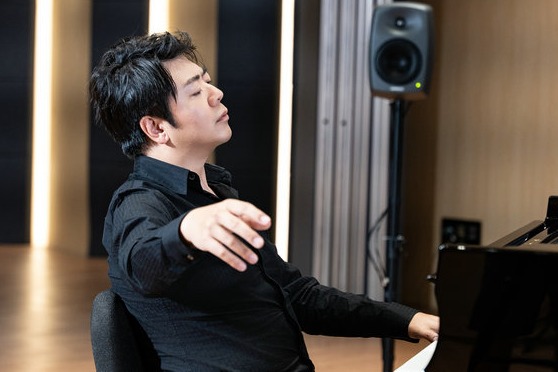Ancient tales of the unexpected

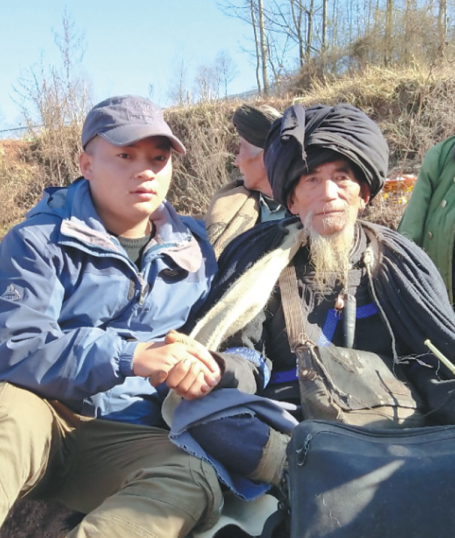
Young boy shows the power of ethnic group's oral heritage, inspiring a man's recording cause, Xing Wen reports.
This is a story of storytellers and the power of word of mouth passed down through generations. Traditional? Yes, but with a relevance and resonance for the modern day. It starts, like all good stories, with an audience. The villagers settle down, as they have done for centuries, to hear their wisest members impart sage advice, disseminate knowledge and paint history in colorful stories.
The orators enthrall the crowd. The epic stories tell of wisdom prevailing over a period spanning nearly 2,000 years and entertain the people of China's Yi ethnic group.
The rap-like debate, named kezhi ("prevailing wisdom"), delivers oral literature in a poetic style centering on the history of the Yi people. Mainly performed during weddings and other celebrations, the fixed patterns, rhymed riffs and metaphors, antithesis, hyperbole and other figures of speech cover a wide range of subjects like astronomy, geography, philosophy and ancient customs.
As a charged hush descends on the group in anticipation of the first of the orators, a voice breaks the silence. It is not hoarse with age, nor weighed down with authority and gravitas. It is young, a little squeaky but loud enough for everyone to hear.
This method of storytelling may be rooted in culture and tradition but it has gained new admirers through technology. In October a short video, in which a cheerful young orator delivers his tale in fluent kezhi, went viral on WeChat and Yi people living in Liangshan Yi autonomous prefecture in Southwest China's Sichuan province were able to witness their culture on the most modern of media platforms.



















